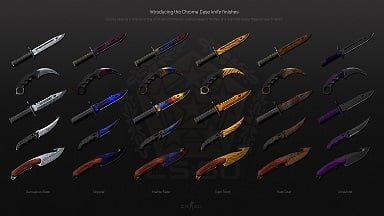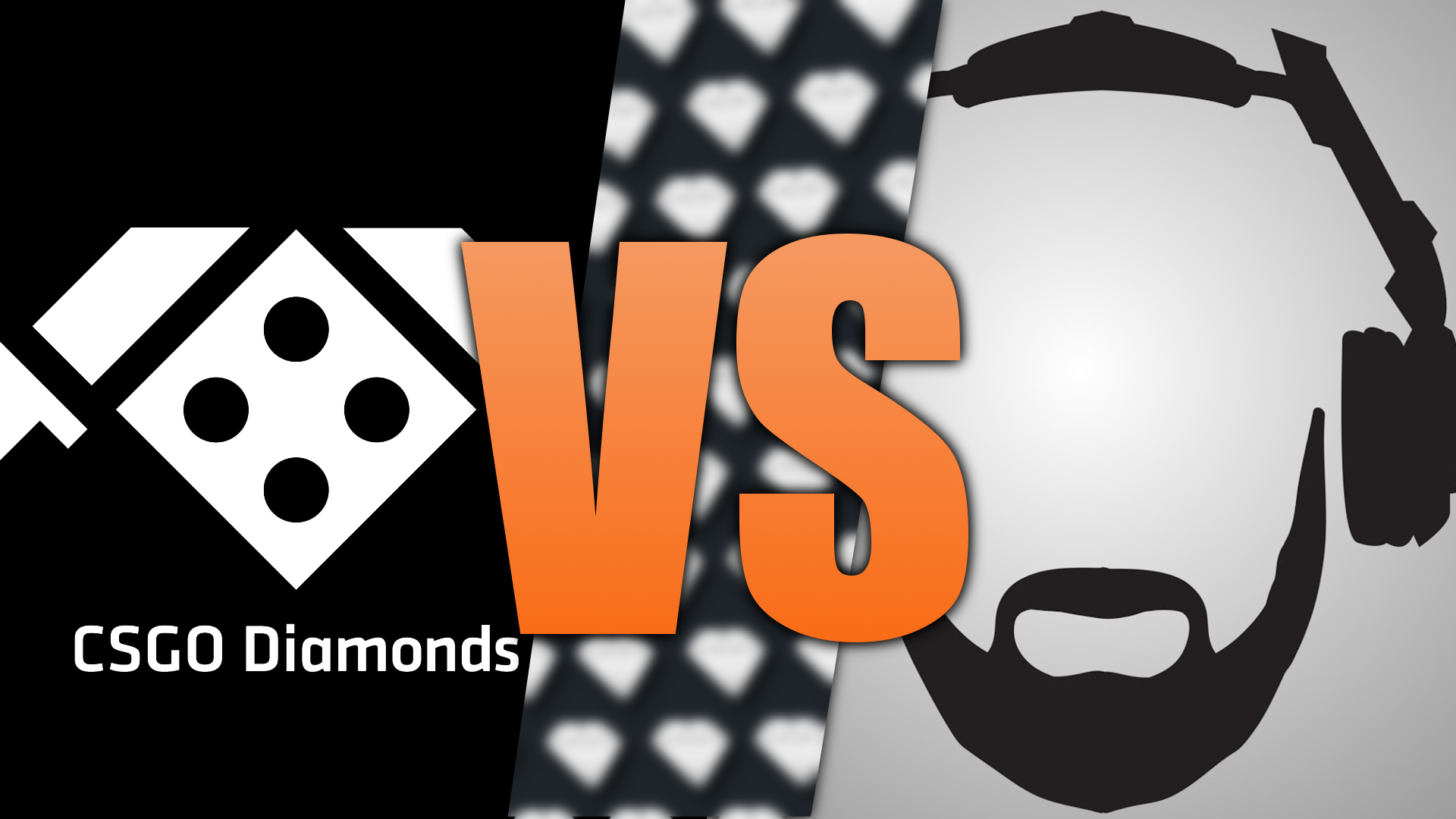
Photo Credit: Polygon
Since weapon skins were introduced in the Arms Deal update in CS:GO, a thriving gambling community has arisen, making up a large part of the viewer base for the game. However recent scandals and a class action lawsuit has forced Valve to shut down numerous gambling sites that they turned a blind eye to before.
The Two Types of Gambling

Photo Credit: Mastering Roulette
Gambling in CS:GO has evolved two major categories over the last few years. The first, betting on professional matches, has had a direct impact on increasing the viewership of matches and tournaments. The biggest website that falls under this category is CS:GO Lounge, with hundreds of thousands of customers passing through the site every week. These types of gambling sites offer odds on professional matches and pay out winning customers in weapon skins or points which can later be redeemed for weapon skins.
The second type of gambling is more of the traditional casino gambling with games such as roulette, jackpot, blackjack, and more. Hundreds of these sites have popped up since the creation of the first site, CSGO Jackpot, and the total revenue of a highly-trafficked site can easily be in the millions. In addition, these gambling sites often sponsor professional players and teams.
Scandals, Lawsuits, and Growing Concerns

Photo Credit: CS Ingame
The biggest problem with these gambling sites was that anyone could place a bet on these sites. People under the age of 18 could spend thousands of dollars purchasing weapon skins and placing a bet. In addition, the ownership and sponsorships of some of the sites led to some murky areas in the law. About 3 months ago, the first major scandal that eventually led to the downfall of gambling emerged with the popular CS:GO streamer, mOE, revealing that CS:GO Diamonds, a dice site, had been giving him rolls ahead of time. This raised huge concerns as people were worried that gambling sites were able to see future results and possibly even rig their sites.
The next huge scandal came when a group of streamers, TmarTn, JoshOG, and ProSyndicate were discovered to be promoting their site, CSGO Lotto, on their streams without disclosing that they were owners of the site. This is a huge conflict of interests and illegal in the country that most of them were from, the USA.
The straw that finally broke the camel’s back came when a class-action lawsuit was filed in Florida by a mother, whose son had participated in these gambling sites and lost money. TmarTn, ProSyndicate, and CSGO Lotto were also included in the lawsuit due to their illegal lack of disclosure of ownership.
Valve’s Verdict
In response to the lawsuit, Valve sent out their first wave of cease and desist letters on July 21, 2016 targeting several major gambling websites including CS:GO Lounge, CSGO Lotto, CS:GO Diamonds, and more. Most of the websites closed down soon after while others were forced to seek an online casino/gambling license to continue operating.
The second wave of letters was send a couple of weeks afterwards and targeted more gambling websites.
The Current State
The gambling community has been a huge part of CS:GO and has a large impact on the growth of the scene. What will happen after the collapse of the CS:GO gambling industry remains to be seen and the arguments on this controversial topic has merits on both sides. The CS:GO viewership on Twitch has already seen a significant decrease since the cease and desist letters, and the future of CS:GO remains a hesitant prospect.